When you’re on the dancefloor amidst a swathe of flirtatious blokes or scrolling through the inventory of men listed on your preferred hook-up app, what do you look for in a man? Handsome face? Blue eyes? Glowing, youthful skin? Maybe a toned body, with abs too? Stylish clothes, and a sharply groomed hairstyle?
Let me re-phrase the title question: what do you look for in a man?

It seems like such a natural thing, to place the focus of our sexuality on what we see. We instinctively associate our sexuality with what we view as attractive to us. This magazine is full of it, the internet inundated with it. The power of visual attraction is how the modern world orchestrates itself, from the selfies that clutter our social media feeds to every pixel of our digitally remastered world. Perfection takes on a whole new meaning where all other sensory values are relegated to after-thoughts when compared to the quick-erectile fix of the buff body and chiselled jaw-line.
It wasn’t until my boyfriend moved back to Berlin last month that another less appreciated sense of mine kicked in: smell. When I went to sleep in my bed without him for the first night in over a year I found his sweaty gym vest tucked under my pillow with a note: “Tonight you sleep without me for the first time, but here’s a gift to remember me.” It did smell like him. Sweaty yes, but so sexy, too.
It reminded me of a comment he made to me soon after we first met when we were in bed together, remarking how soft my skin was as he ran his fingers across my back.
Reading those comments in the sexual context that they are meant I feel they could easily have come from the lips of Hannibal Lecter. Yet to experience them is entirely sublime.
Why? Well, maybe it’s because we place such emphasis on the visual when it comes to something as natural as sexual stimulation. After all “I have skin like velvet and a natural manly, husky bodily smell” wrote nobody ever on their Grindr profile. [Yummy, please, I’ll ping you my location. Can you accommodate?]
But what happens when you can’t see? I’m talking about gay men that are blind.

Brazilian born Lucas de Abreu Maia is one such man. “I don’t know that my realisation that I was gay was different from any body else’s. I was diagnosed when I was four months old with a condition called Leber’s Congenital Amaurosis. I was born with a little bit of sight, around 10%, and I only saw in black and white.”
He became totally blind when he was eight years old. “I didn’t even notice it,” he states about whether he was made to feel different. “I was raised in such a way that being blind was perfectly natural for me. I only studied in regular school and my family – especially my mother – made sure that I was treated just like any other kid. This was probably the most important thing in my life, as I never saw myself as being different from all my sighted friends.”
Being gay however, wasn’t such an easy path to acceptance. Like a lot of kids, he had his own difficult coming out process. “I was very Catholic when I was a kid, so I repressed my sexuality as best as I could – I didn’t even masturbate until I was 16.” Once again, religious intolerance delivers its heavy burden of guilt and shame.
Yet his comment ignites a provoking thought: do all those ardent religious fanatics really believe that being gay is based on a weakness of the flesh enacted through the lusting of the male form in all its visually erotic splendour? Any gay person would tell you that there’s more to knowing you are gay than that. It’s not really what you desire by looking at. It’s a feeling that runs deeper within. It exists inside every bit of your being, not just the lustful gaze of your adoring eyes.
“Since I was very small, I was more curious about the bodies of my male friends than those of my female ones,” Lucas says. “In my early teens, I used to have erotic dreams with men, but I just avoided thinking of them. Until, when I was 17, it clicked in: I was just in love with my best friend. It was just undeniable and I didn’t have any difficulty accepting it.”
“To be gay is to be marginalised in society. To be gay and to be blind is to be marginalised further.”
As he matured the prejudice he would encounter in his life with regards to his blindness would become apparent. “Until my early 20s, I tended to think that my disability didn’t make any difference whatsoever. It took me a little more maturity – entering the job market and getting my MA – to realise that being blind actually made my life a lot more difficult. And this gave me a lot of pride in being blind and still being able to achieve quite a few things.”
I should add at this point that Lucas’ profession is a journalist. Here’s where my naivety comes into play, the fact that I never once considered that a blind person could actually have a career as a journalist. More fool me.
In the film The Way He Looks, director Daniel Riberio tells the story of a blind teenager and his romance with a fellow sighted school friend. “I wanted to talk about the origins of sexuality and I was thinking about when was the first time I felt attracted to another body, and it was a visual memory. I then asked my gay friends the same question and all of them had a visual memory of an actor in a TV movie, or a poster or something.”
Riberio continues: “So, I thought how does a gay blind person who has never seen a guy know he is gay? There’s always the discussion about whether it’s a choice or something you are born with. I talked to one blind gay guy and his first realisation that he was gay was him laying down on his father’s chest, and it was the sense of touch.”
The voice, the touch, the smell of a man are all things we value if we paint the picture of our ideal boyfriend, but we don’t put conscious value on them because we have numbed these senses in favour of the visual image.
“We just don’t pay attention to all those things, like voice,” Riberio says. “Today with things like the apps and internet, we see an image of someone and that’s what we base our attraction on. But you forget the importance of the way a person moves, or talks.”
To be gay is to be marginalised in society. To be gay and to be blind is to be marginalised further, and also within one’s own community. We consider blind people as disabled people first and their sexuality becomes obsolete to us. Riberio agrees: “When I researched the film I found that people didn’t see blind people as sexual beings. Even the parents of blind kids growing up didn’t teach them about sexuality because they didn’t see them as having sexual desires.”
It’s a sad comment how we as a community view disabled people. We assume because a blind person has lost his sight, his other sensory experiences or desires are also numbed.
I have use of all my senses. I’m not disabled. But it makes me wonder: when ‘fully-abled’ people like me place so much emphasis on that picture-perfect boy and relegate our sensory experience to the visual alone, who is really more disabled? Is it the blind gay guy that is invisible to us in our image-focused gay scene yet makes full use of all his other senses, or me?
The Way He Looks is in cinemas from Friday 24th October.

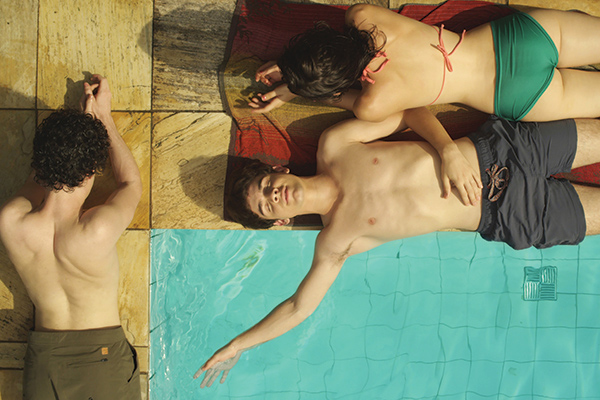
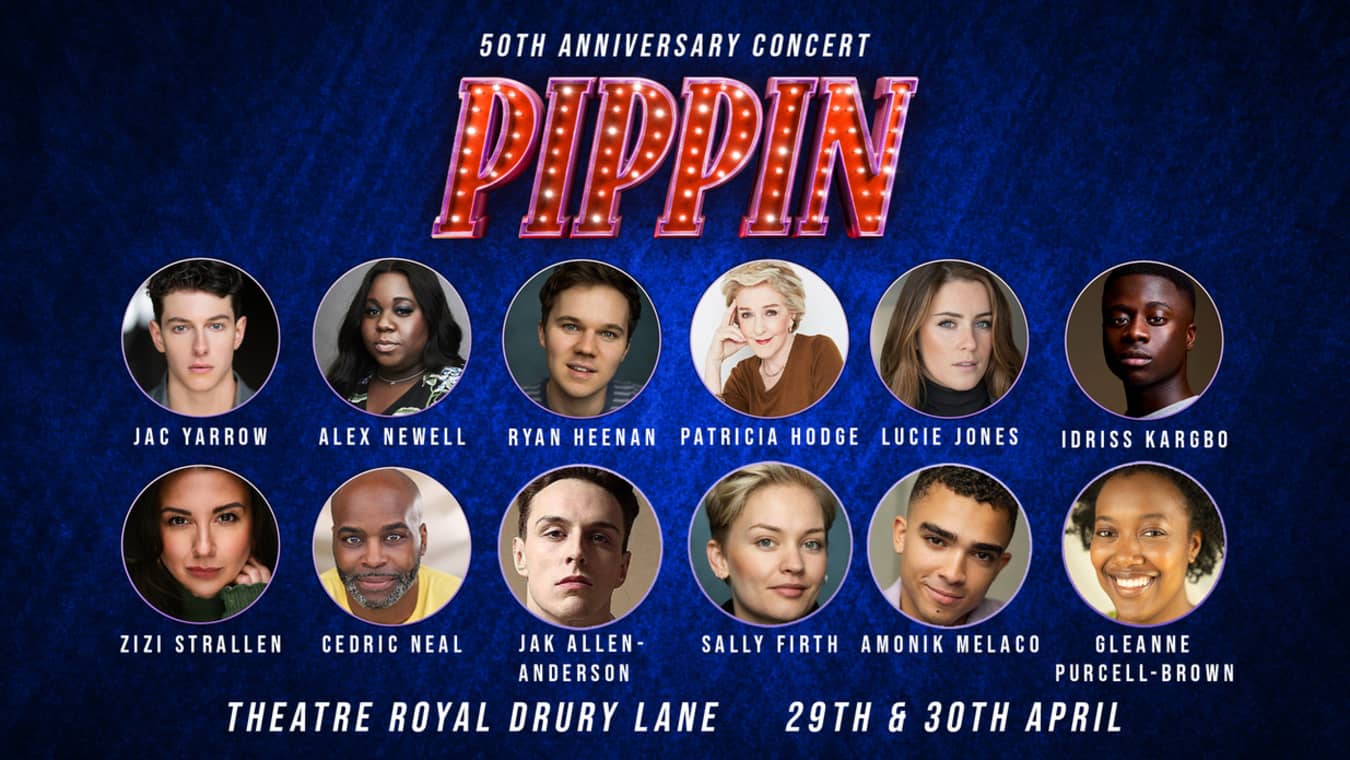
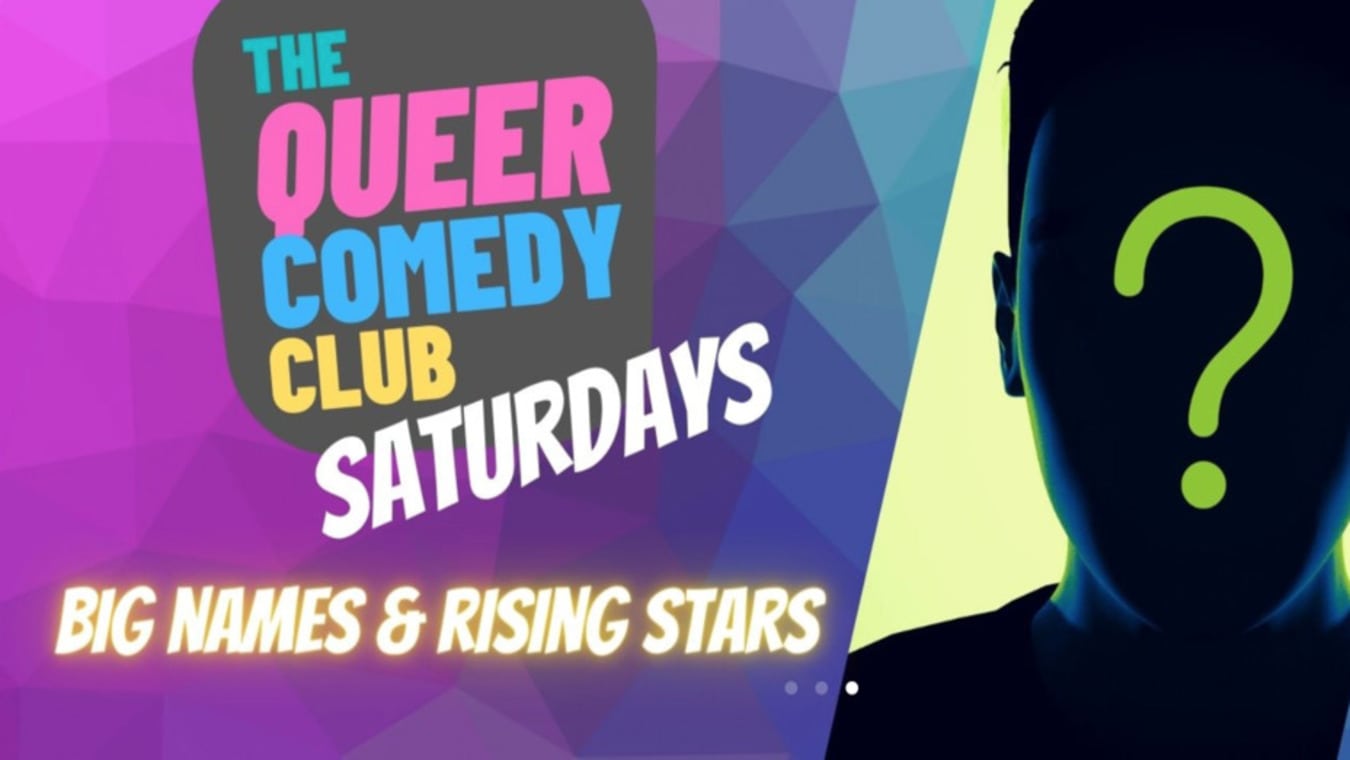
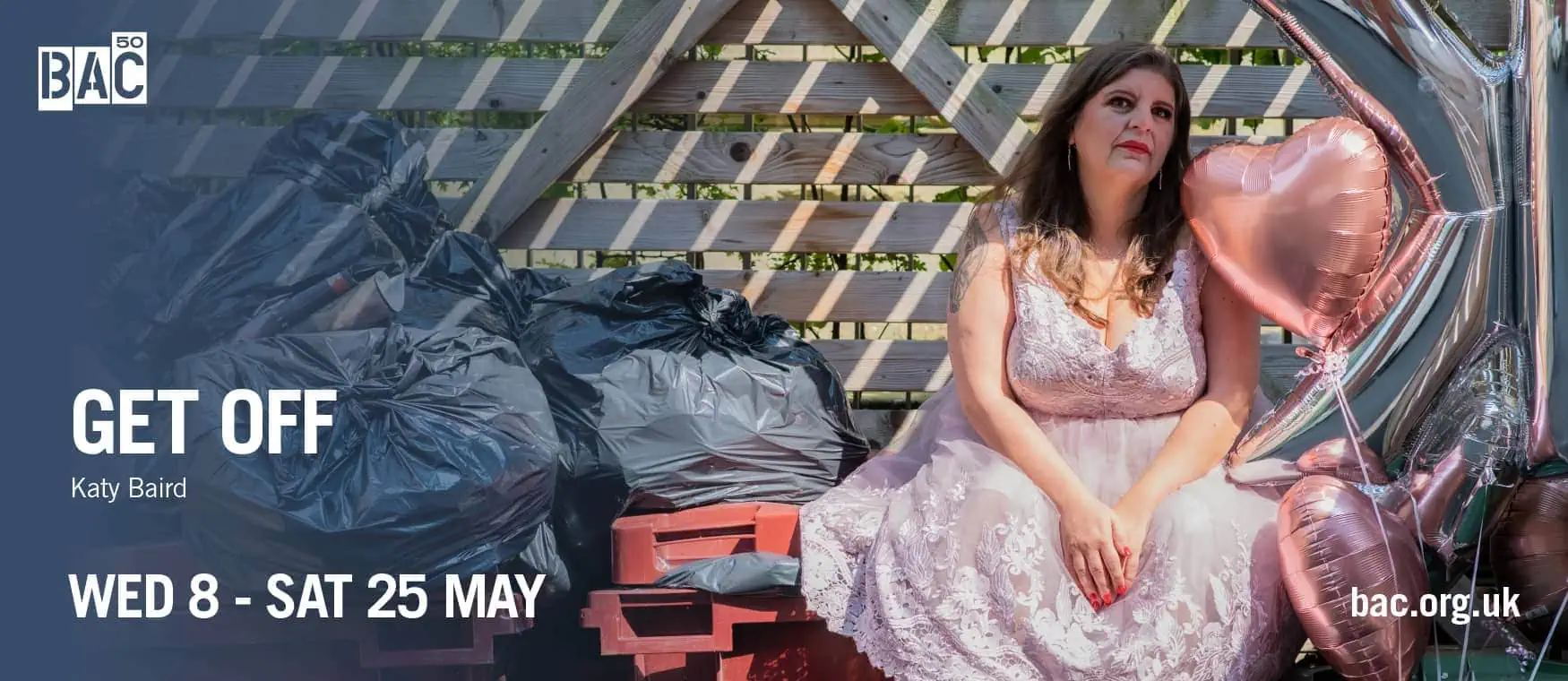





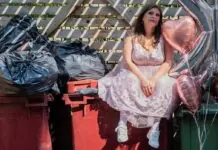


Thanks so much for writing this article! It’s really needed.
It really touch me to read it as I’m a blind gay male and have experienced much of what the article discusses.
I think many within the LGBTQ community fear not only blindness, but overall disability. It’s swept under the rug. What makes blindness or vision impairment different is the fact that it can’t be hidden in many cases. It’s a way of life that is in your face so to speak.
There is also at times a fear within the blind LGBTQ community of rejection. So we end up having a community based in fear and missing the many shared experiences that we all share!
I hope your readers check out Blind LGBT Pride International which is the only organization dedicated to issues of life for those that are blind or vision impaired, friends and supporters. I think this article is the start of a deeper conversation! Thanks again!
Excellent film, I enjoyed this more than I expected. Nothing too new story wise, but beautifully done and great cast. Would recommend this film to anyone who wants to watch something that’s going to leave a lasting impression.